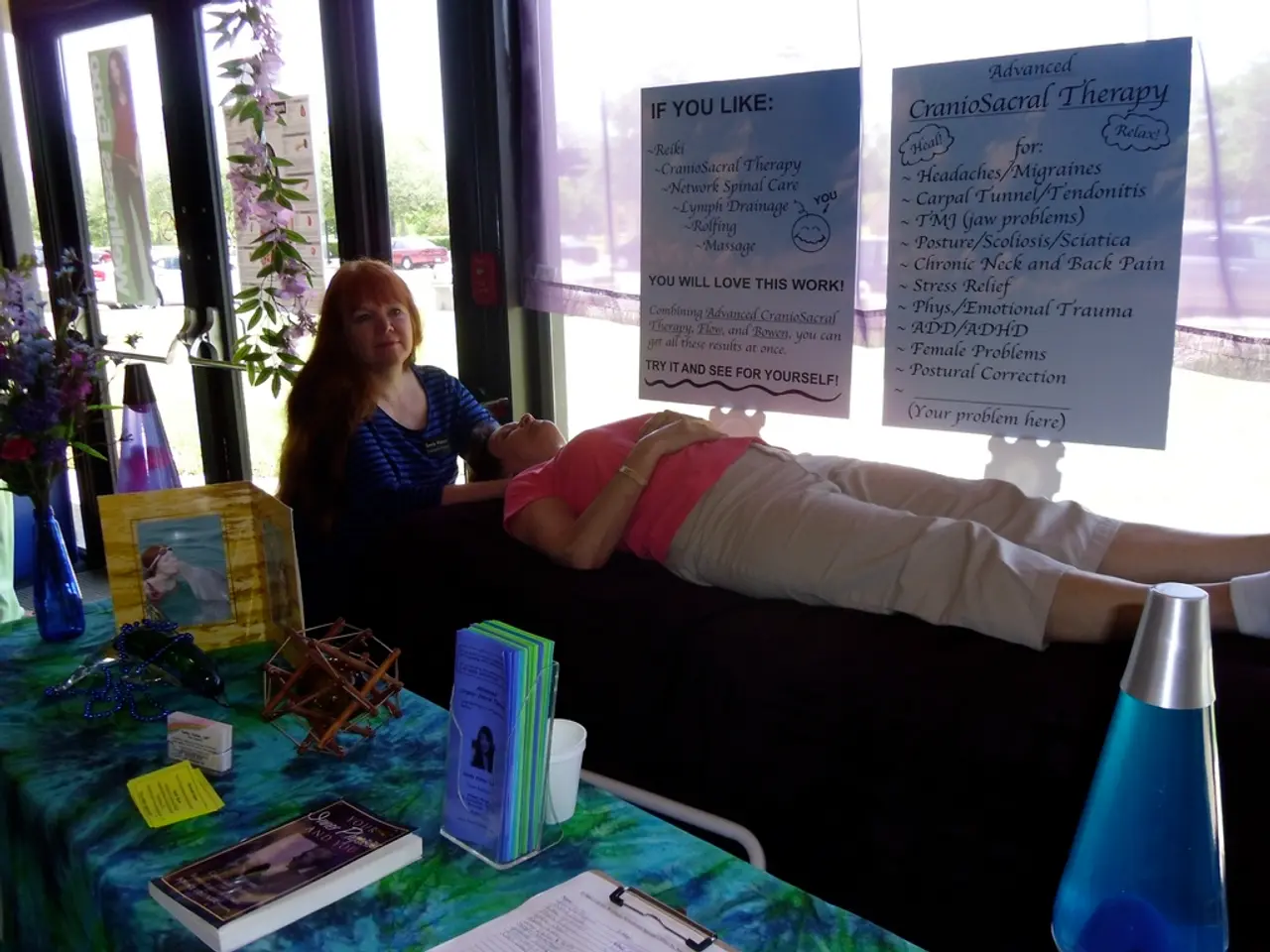Sudden Increase in OCD Symptoms: Understanding the Causes
**Managing Obsessive-Compulsive Disorder: Understanding Comorbidities and Treatment Options**
Obsessive-Compulsive Disorder (OCD) is a complex mental health condition that often coexists with other disorders, making diagnosis and treatment more challenging. In this article, we delve into the common comorbidities associated with OCD and explore various treatment options.
**Common Comorbidities**
- **Depression:** Major depressive disorder (MDD) is the most common co-occurring condition in individuals with OCD. Studies suggest that about half of those with OCD also experience depression. The presence of both conditions is associated with more severe obsessive and compulsive symptoms and greater daily challenges. - **Anxiety Disorders:** OCD and other anxiety disorders frequently coexist. This includes generalized anxiety disorder, social anxiety disorder, and panic disorder. The overlap in symptoms can make it harder to recognize and manage each condition independently. - **Attention-Deficit/Hyperactivity Disorder (ADHD):** OCD and ADHD often overlap, especially in individuals with early-onset OCD. Estimates suggest that around 30% of people with OCD may have adult ADHD, and nearly half may have had childhood ADHD symptoms. Dual diagnosis is linked to earlier onset of OCD, more severe symptoms, and a lower quality of life. - **Post-Traumatic Stress Disorder (PTSD):** Trauma-related conditions, including PTSD, are common in people with OCD, often due to the overlap in anxiety and stress-related symptoms. - **Substance Use Disorders:** Substance abuse is another notable comorbidity, as individuals may use substances to cope with distressing OCD symptoms, which can create a vicious cycle. - **Eating Disorders:** OCD is highly comorbid with eating disorders such as anorexia nervosa (AN). Research shows a significant overlap, with many individuals with AN also experiencing OCD symptoms. - **Other Personality Disorders:** Obsessive-Compulsive Personality Disorder (OCPD) is sometimes confused with OCD, but they are distinct diagnoses. However, both can occur together, especially in families with a history of mental health issues. The two may share some symptom overlap, such as perfectionism and rigidity, but differ in their psychological impact and presentation.
**Treatment Options**
The goal of treatment for OCD is to reduce the frequency and intensity of obsessive thoughts and compulsive behaviors and enhance the overall quality of life.
- **Dialectical Behavior Therapy (DBT):** DBT is a form of cognitive behavioral therapy focusing on mindfulness, acceptance, emotion regulation, interpersonal effectiveness, and distress tolerance. - **Cognitive Behavioral Therapy (CBT):** The goal of CBT in OCD is to uncover the underlying fear driving intrusive thoughts, reassess these misguided beliefs, and restructure them in productive ways. - **Exposure and Response Prevention (ERP):** ERP involves identifying thought patterns distorting reality and leading to obsessive thoughts, followed by learning to gradually reduce the frequency of compulsions while sitting with intrusive/obsessive thoughts. - **Deep Brain Stimulation (DBS):** DBS is an investigational surgical treatment for more severe OCD symptoms that do not improve with traditional medications or psychotherapy. - **Psychiatric Medications:** Certain psychiatric medications, specifically selective serotonin reuptake inhibitors (SSRIs), may help manage the obsessions and compulsions of OCD.
**Lifestyle Management**
- **Exercise:** Exercise can help manage OCD symptoms as it is a natural reducer of stress and anxiety, releasing endorphins that decrease tension, lift mood, and reduce discomfort. - **Diet:** "Junk" foods, high in processed ingredients, sugars, fats, oils, and sodium, can exacerbate OCD symptoms. - **Avoidance Strategies:** Avoidance strategies, like avoiding situations deemed triggering, can maintain negative beliefs underlying OCD and make the disorder worse in the long run. - **Reassurance-Seeking:** Reassurance-seeking, looking to others for reassurance, only fuels the OCD by reinforcing original fears and feeding into the OCD cycle. - **Isolation:** Isolation from friends, family, and loved ones can feed and grow the OCD.
**Conclusion**
OCD is a chronic mental health condition that does not typically go away on its own without treatment, but with appropriate treatment and management strategies, many individuals with OCD can experience significant improvement in their symptoms and lead fulfilling lives. Understanding the common comorbidities associated with OCD is crucial in developing effective treatment plans tailored to each individual's unique needs.
- Obsessive- Compulsive Disorder (OCD) often coexists with other mental disorders, making accurate diagnosis and effective treatment challenging in the context of mental health.
- Depression is the most common co-occurring disorder in individuals with OCD; studies suggest that approximately half of OCD patients also experience depression.
- Anxiety disorders, such as generalized anxiety disorder, social anxiety disorder, and panic disorder, frequently coexist with OCD, making it more challenging to recognize and manage each condition independently.
- Attention-Deficit/Hyperactivity Disorder (ADHD) often overlaps with early-onset OCD, with estimates indicating that around 30% of people with OCD may have adult ADHD, and nearly half may have had childhood ADHD symptoms.
- Post-Traumatic Stress Disorder (PTSD) is common in people with OCD, often due to the overlap in anxiety and stress-related symptoms.
- Substance abuse is another comorbidity of OCD, as individuals may use substances to cope with distressing OCD symptoms, potentially creating a vicious cycle.
- Eating disorders like anorexia nervosa (AN) are highly comorbid with OCD, with research showing a significant overlap between the two conditions.
- Other personality disorders, such as Obsessive-Compulsive Personality Disorder (OCPD), are sometimes comorbid with OCD, especially in families with a history of mental health issues.
- To manage OCD symptoms, Dialectical Behavior Therapy (DBT), Cognitive Behavioral Therapy (CBT), and Exposure and Response Prevention (ERP) are treatment options that can help reduce the frequency and intensity of obsessive thoughts and compulsive behaviors.
- Deep Brain Stimulation (DBS) is an investigational surgical treatment for more severe OCD symptoms that do not improve with traditional medications or psychotherapy.
- Certain psychiatric medications, specifically selective serotonin reuptake inhibitors (SSRIs), may help manage the obsessions and compulsions of OCD.
- In addition to therapy and medication, lifestyle management strategies like exercise, a healthy diet, and addressing avoidance, reassurance-seeking, isolation, and triggers can help manage OCD symptoms and improve overall mental health and wellness.




